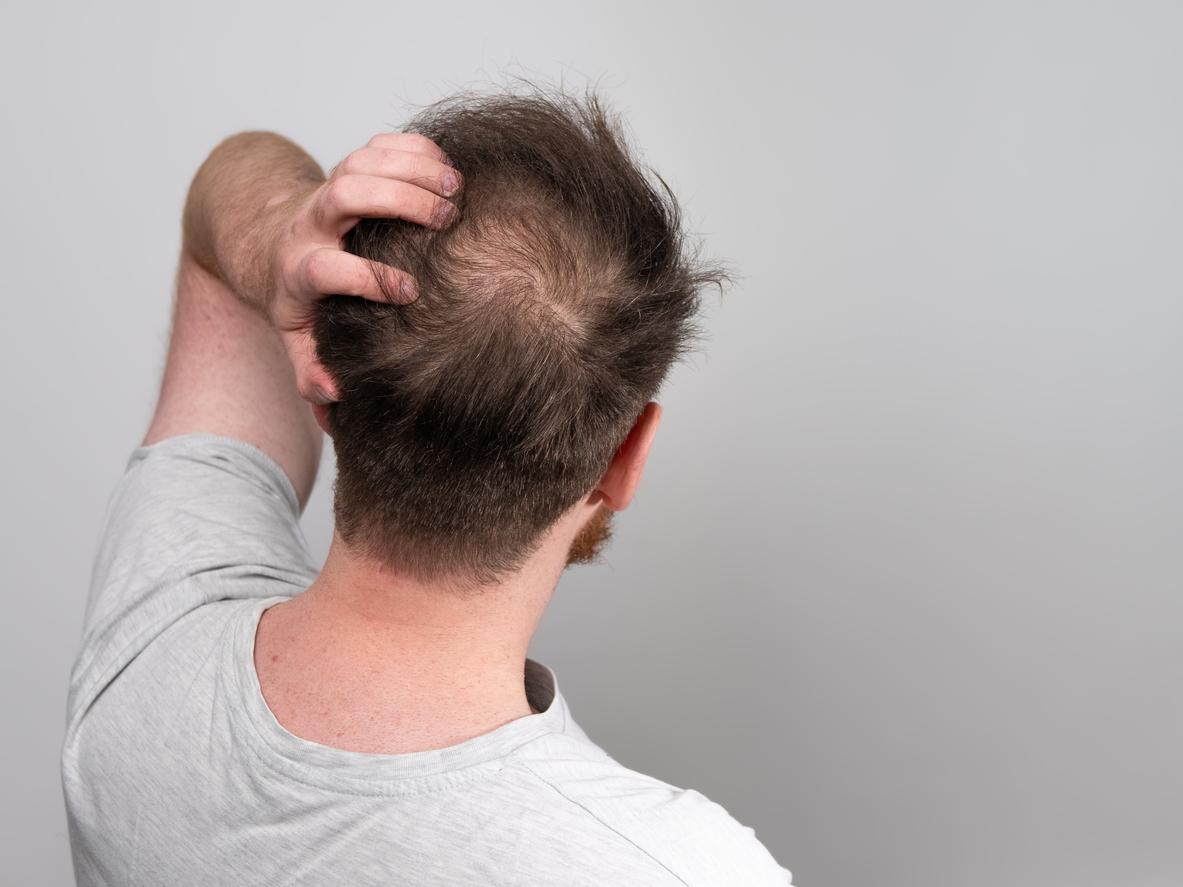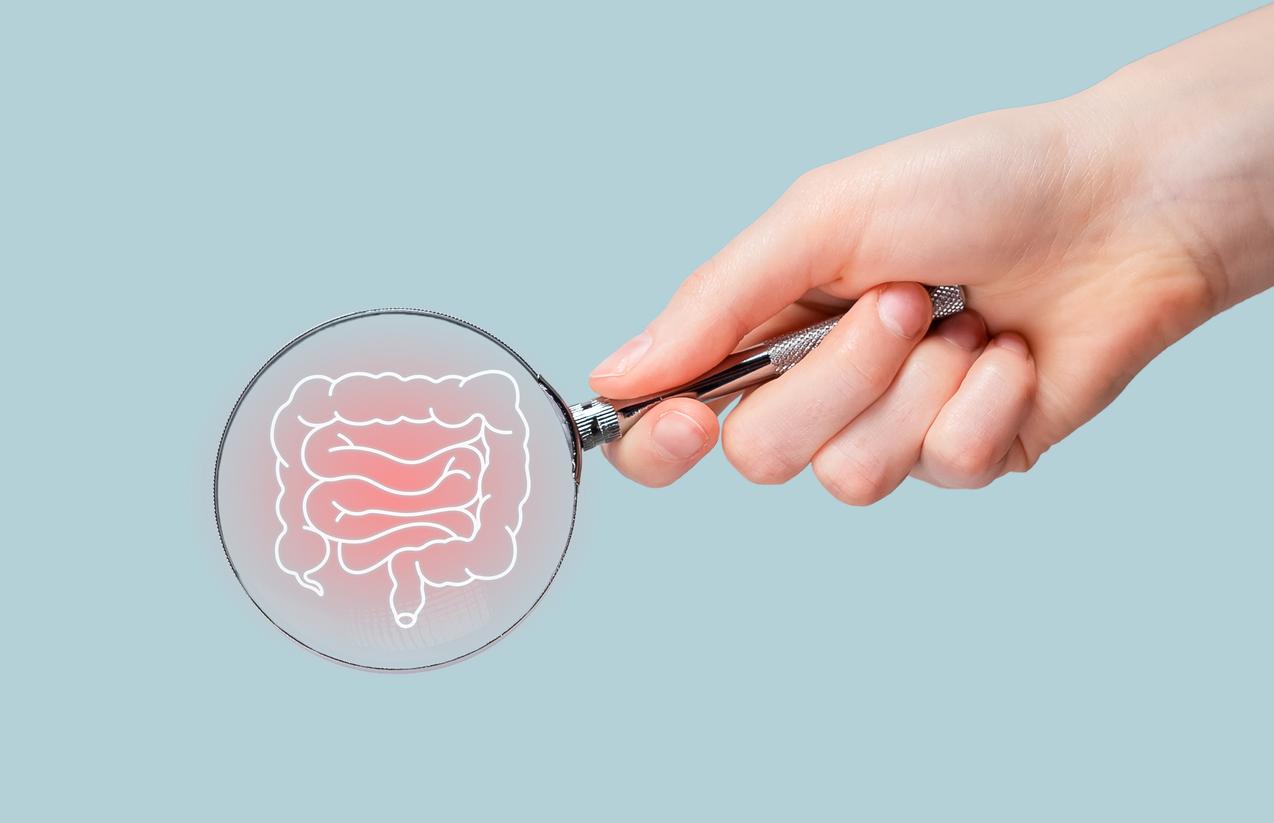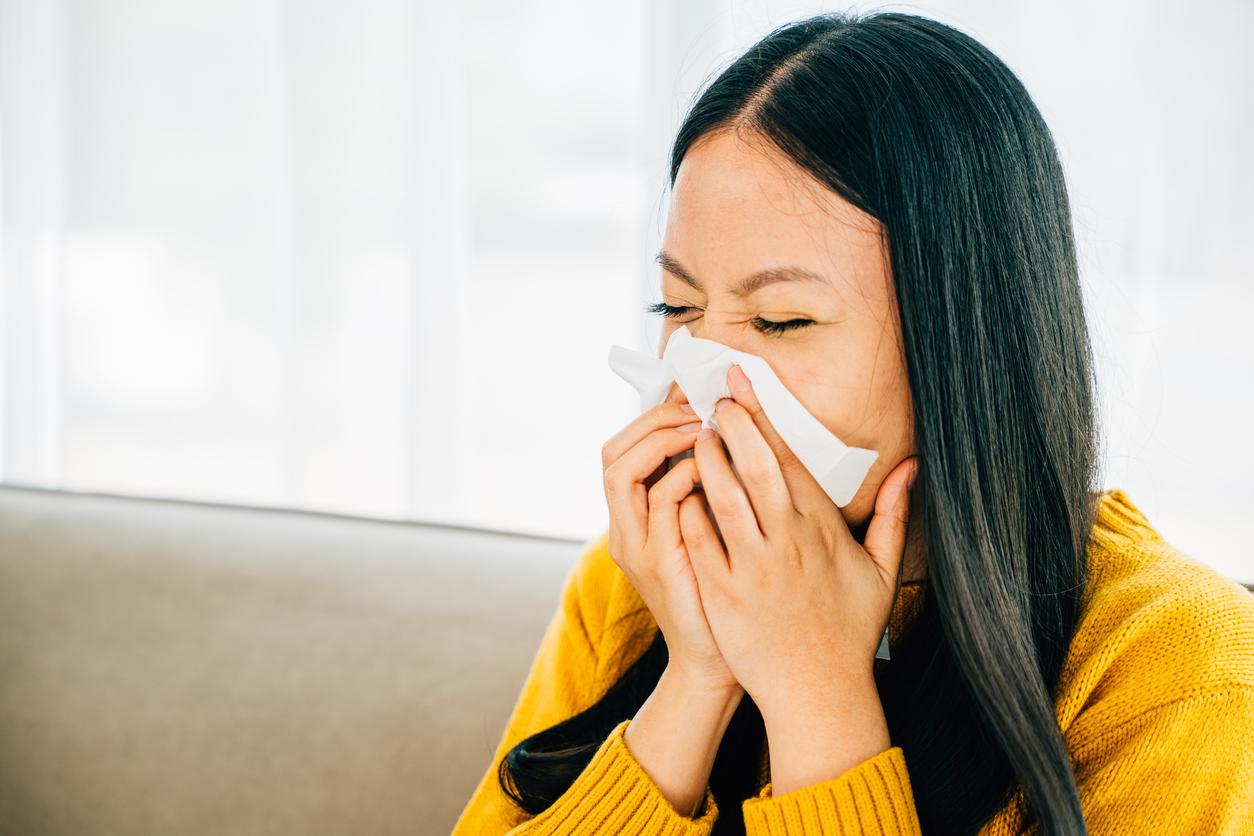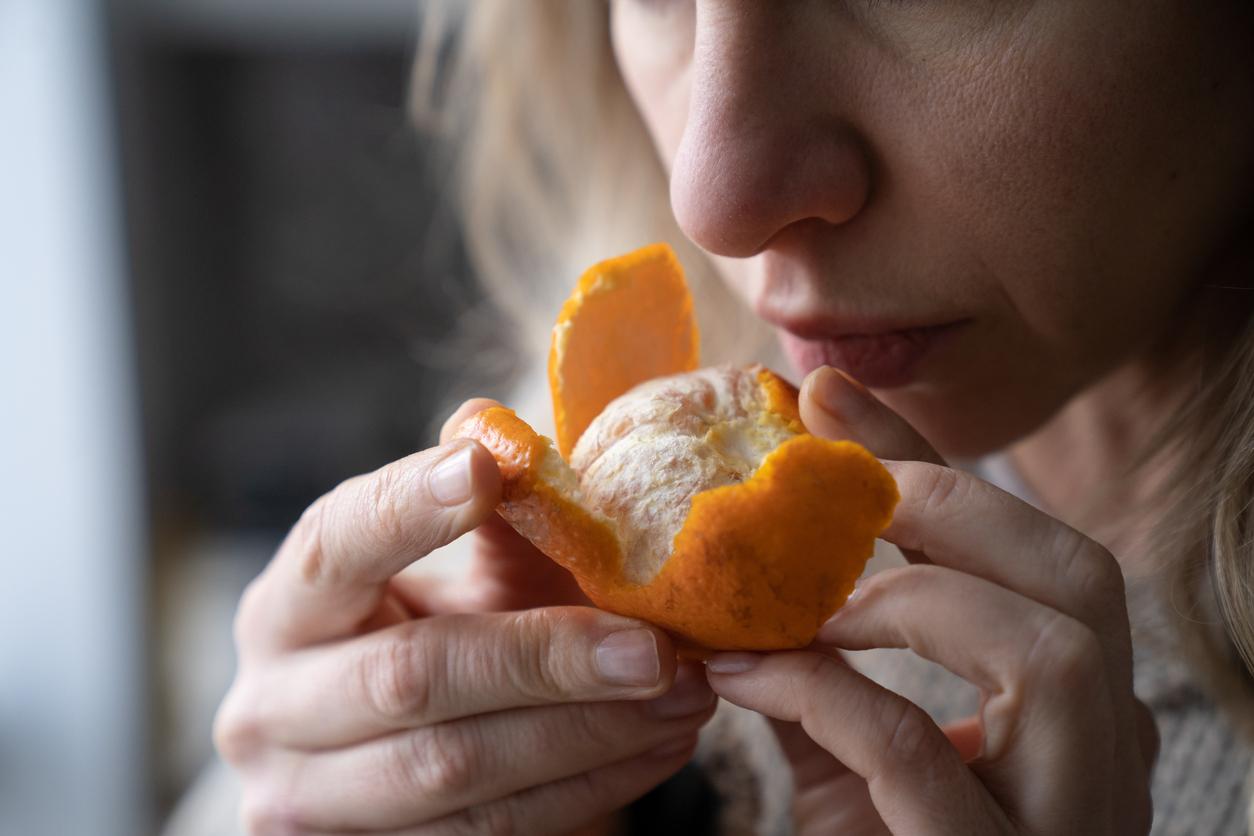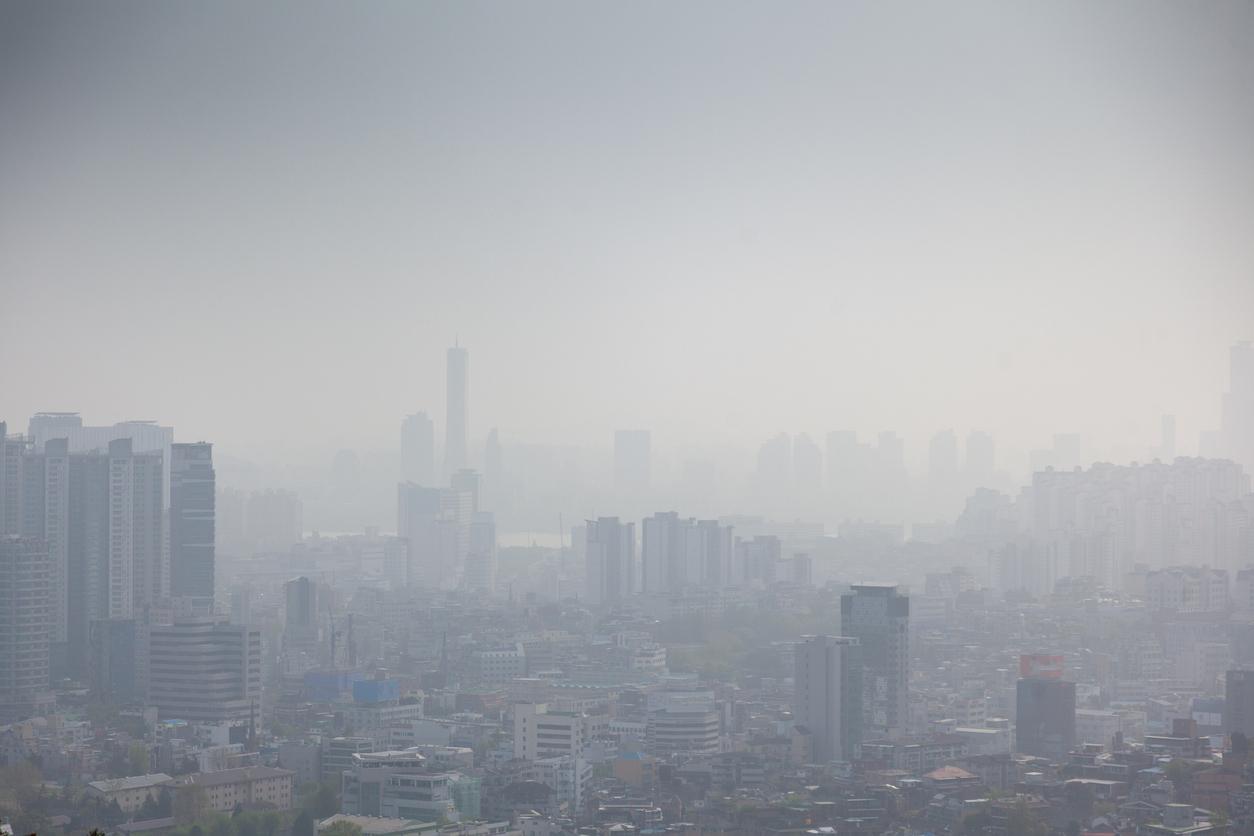
About furuncles, carbuncles and nine eyes
Almost everyone has an ordinary pimple, even after puberty. With a large head of pus that hurts at the slightest touch, there may be a boil. How does such a hard pimple arise? And when should you take it to the doctor?
What is a boil?
A boil is a deep inflammation of a hair follicle. Because of this you see a red swelling on the skin with a pus head. The bump can feel very hard, hence its name. The medical term for a boil is furuncle.
If several hair follicles in close proximity are inflamed, we call it a carbuncle or nine-eye. If you have multiple boils spread over your body or if your boils keep coming back, it is called furunculosis.
A superficial inflammation of a hair follicle is called folliculitis. Only the neck of the hair follicle is then inflamed.
Cause boils
Bacteria can cause boils. There are all kinds of bacteria living on your skin. If your skin is damaged, a bacteria can get into a hair follicle and cause inflammation there. Staphylococci are usually the culprit in boils, but streptococci can also lead to a furuncle.
Anyone can get a boil, but these painful bumps are more common in people with:
- Skin conditions that make you scratch, such as eczema and scabies.
- overweight.
- A reduced immune system, for example due to drug use.
- Diabetes
- Staph bacteria on their skin or in their nose (About one in 10 people carry Staphylococcus aureus, especially on the skin or in the nose. These ‘carriers’ are more at risk for boils.)
Symptoms: how do you recognize a boil?
First, a red spot appears on the skin. This will thicken and a yellow head of pus will appear in the center of the swelling. As the amount of pus increases, the bump becomes larger and more sensitive.
A boil is a lot bigger than a normal pimple. In addition, a boil can really hurt and feel hard. The skin around the furuncle may also be red and swollen.
Your entire body – except for the palms of the hands and soles of the feet – is covered with small hairs and therefore with hair follicles. A boil can occur anywhere on your body. However, boils are most common in the armpits, groin, neck, face and nose, and on the buttocks. They are more likely to arise in places where your clothing rubs against your skin and places where you perspire more.
Diagnosis furuncle
The diagnosis of a boil is easy for a doctor to make: by looking at your pimple, your doctor will already know whether it is a boil or another skin infection. Further investigation is usually not necessary.
Cure Treatment
Most boils go away on their own. Sometimes they have to ‘ripen’ for a while and then break open, allowing the pus to flow out. This immediately reduces the pressure, which reduces the pain. Boils can also remain whole and disappear on their own. Both variants generally heal (possibly after bursting open) within a week. Sometimes a scar develops.
It is important not to touch your boil, as the pus it contains is highly contagious. Don’t put ointment on it, that’s pointless. Just leave the bump alone. Squeezing it or poking it yourself can actually make the infection worse.
Do you suffer a lot from the boil, do you get a fever or do you not feel so well? Then visit your doctor. Sometimes he decides to open the furuncle with an incision. If you are sick, you may need a course of antibiotics to fight the infection.
Prevent boils
Good hygiene helps prevent boils. If you regularly have boils, it is important to pay extra attention to them. Stay away from your boil, wash your hands regularly with soap and keep your nails short. Do not lend towels to a roommate and use a clean one every day. Wear clean underwear and make sure your clothes don’t rub against your skin.
If your boils keep coming back, you can wash your body two or three times a week with a soap containing povidone iodine or chlorhexidine. These ingredients kill bacteria. They can be bought without a prescription at the drugstore and the pharmacy.
To the doctor?
Usually a boil opens on its own and the skin heals within about a week. Or the boil remains closed, but disappears after a few weeks. A visit to the doctor is then not necessary.
You should have your boil treated if it is on your nose or around your upper lip. If you start to feel sick or develop a fever, it’s a good idea to call your doctor. You may then need antibiotics. In addition, you will receive a course of antibiotics if you are extra sensitive to infections with staphylococci or streptococci. That is the case if you have a reduced resistance or diabetes. Patients with an artificial valve in the heart should also go to the doctor with a boil.
If you regularly have boils (furuncolosis), the doctor can investigate whether there is an underlying cause. Perhaps you are a carrier of Staphylococcus aureus or there is something wrong with your immune system.









